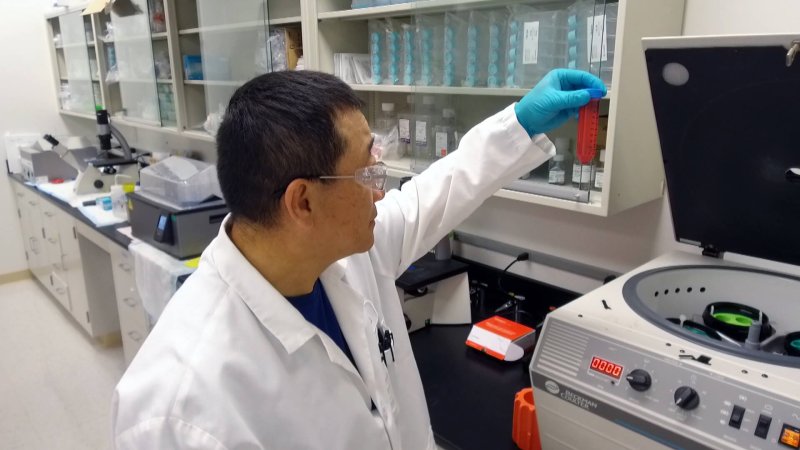A supposedly rare genetic quirk might be more common than we think, according to new research out [October 10]. The study, based largely on 23andMe data, suggests that one in every 2,000 people are born with two copies of a gene from only a single parent, often with no serious health consequences.
…
Some researchers, based on [previous] reports, have estimated that anywhere from one in 3,500 to one in 5,000 people in the world might have [uniparental disomy].
But according to the authors behind this new study, which includes 23andMe’s in-house research team, the only surefire way to know how commonly UPD happens is to study the genes of lots of people at once. And that’s what they set out to do, combing through the de-identified genetic data of over 4.4 million 23andMe customers, as well as another database of nearly 500,000 UK residents.
Their research, published [October 10] in The American Journal of Human Genetics, uncovered 675 people with UPD across both groups.
…
“So that’s about twice as common as was previously thought,” lead author Priyanka Nakka, a postdoctoral research fellow at Boston Children’s Hospital and former 23andMe intern, told Gizmodo.
Read full, original post: Over 150,000 Americans Have Rare DNA Fluke and Don’t Know It, Study of 23andMe Data Finds































